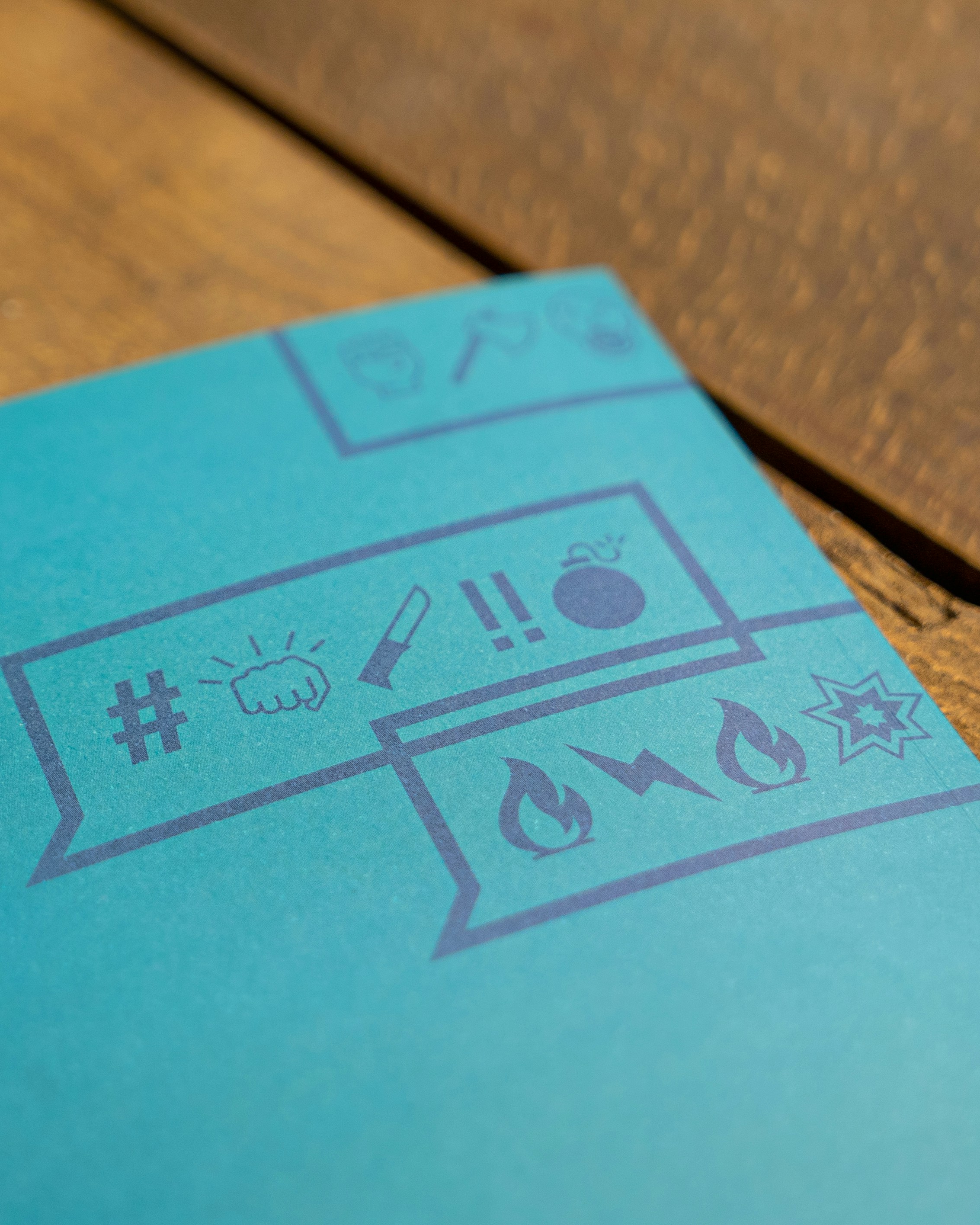From Pixels to People: How Video Games Taught Me to Connect
Published on July 8, 2024
From Pixels to People: How Video Games Taught Me to Connect

When I was 15, my parents thought video games were rotting my brain. They'd lecture me about wasting time, missing out on "real" experiences, and stunting my social skills. Little did any of us know that those pixelated worlds were teaching me lessons about communication and relationships that would serve me well into adulthood.
The Multiplayer Revolution
It all started when I discovered online multiplayer games. Suddenly, I wasn't just interacting with computer-controlled characters – I was coordinating with real people from around the world. We had to communicate clearly, strategize together, and support each other to achieve our goals.
Lessons from the Digital Frontier
- Clear communication is key: In fast-paced games, you learn to convey information quickly and accurately.
- Teamwork makes the dream work: Success often depends on working together effectively.
- Patience and understanding: Not everyone has the same skill level or knowledge. Learning to be patient and helpful builds stronger teams.
- Conflict resolution: Disagreements happen, but finding ways to move past them constructively is crucial.
- Cultural exchange: Interacting with players from different backgrounds broadened my worldview.
Bringing It to the Real World
As I grew older, I realized these skills translated remarkably well to my offline relationships. The ability to communicate clearly, work as part of a team, and navigate conflicts with grace has been invaluable in my personal and professional life.
Perhaps most importantly, gaming taught me the value of shared experiences. Just as I bonded with online friends over our digital adventures, I've learned to create meaningful connections with family and friends through shared activities and interests.
A New Perspective
Now, as an adult, I see video games in a new light. They're not just entertainment – they're potential training grounds for social skills and relationship building. Of course, balance is key, and it's important to engage in a variety of activities. But the next time you see a teenager glued to their game console, remember: they might be learning more than you think.
P.S. If you're looking for more ways to improve communication and strengthen relationships in your family, check out Thinker – an AI-powered tool designed to help mediate conflicts, enhance understanding, and provide a safe space for mental well-being.
Explore Thinker

